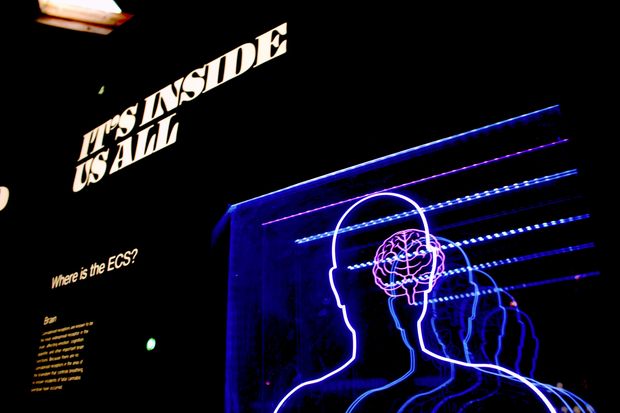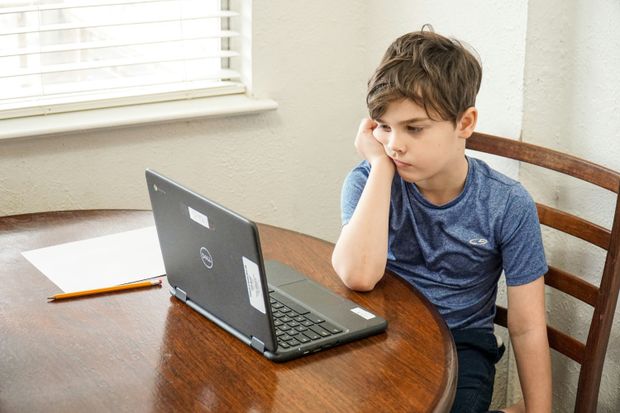


People vary in many ways. Some find it easier to pay attention and concentration, others find it easier to socialise. Some are able to manage their emotions from an early age, whilst others need much more help for longer. Some find it easier to learn to read and write, whilst others find that really tricky.
Neurodiversity is that idea that people are different, and that these differences don’t have to be thought of as disorders. The medical model divides people up by diagnosis, giving us the impression that their brains fit into different categories. This isn’t what the science says.
Research shows that the differences between people are dimensional – they are a matter of increment. People don’t fit neatly into boxes. All brains are wired differently.
People who differ significantly from the average in ways which make their life more challenging are sometimes called ‘neurodivergent’. This is often used to refer to people who are autistic, have ADHD or have dyslexia, dyspraxia or dyscalculia.

In all my clinical work with neurodivergent people, one question comes up again and again. ‘If it’s my neurology, doesn’t that mean it can’t change?’.

Last year our first self-help book for teens was published, by me and . It’s about burnout, specifically school burnout. It takes a non-pathologising approach to teenagers experiencing burnout - the aim is that they realise they are not alone, and this isn’t going to be forever. It’s full of stories and hope. It is suitable for those with or without a diagnosis - it is neurodiversity-informed but is not limited to those who identify as being autistic or having ADHD. It’s based on psychological principles and informed by lived experience.

A recent study has found that over half of the most popular TikTok videos about mental health contain misinformation. To be honest, I’m surprised that it’s only around half. I see a awful lot of misinformation online. Not just about mental health, but also about neurodiversity.

Recently I’ve been making people angry online. Very angry. In fact just in the last couple of days I’ve been told that I’m harmful, ableist and ignorant. The message is clear from some people. Stop it.

If you are a parent worrying whether self-directed education will work for your child, because you have been told that they have special needs which can only be met in the school system - think again. Neurodivergent children experience and interact with the world differently to many of their peers. Standard educational systems often fail to adapt to their unique strengths and ways of learning. School, and even the act of learning, can become a source of great anxiety and trauma. Self-directed education offers an alternative to traditional schools that can help neurodivergent children develop at their own pace and thrive.

Dr Naomi Fisher, clinical psychologist, explains the psychology of rejection sensitivity (or RSD) and how you can help your child.